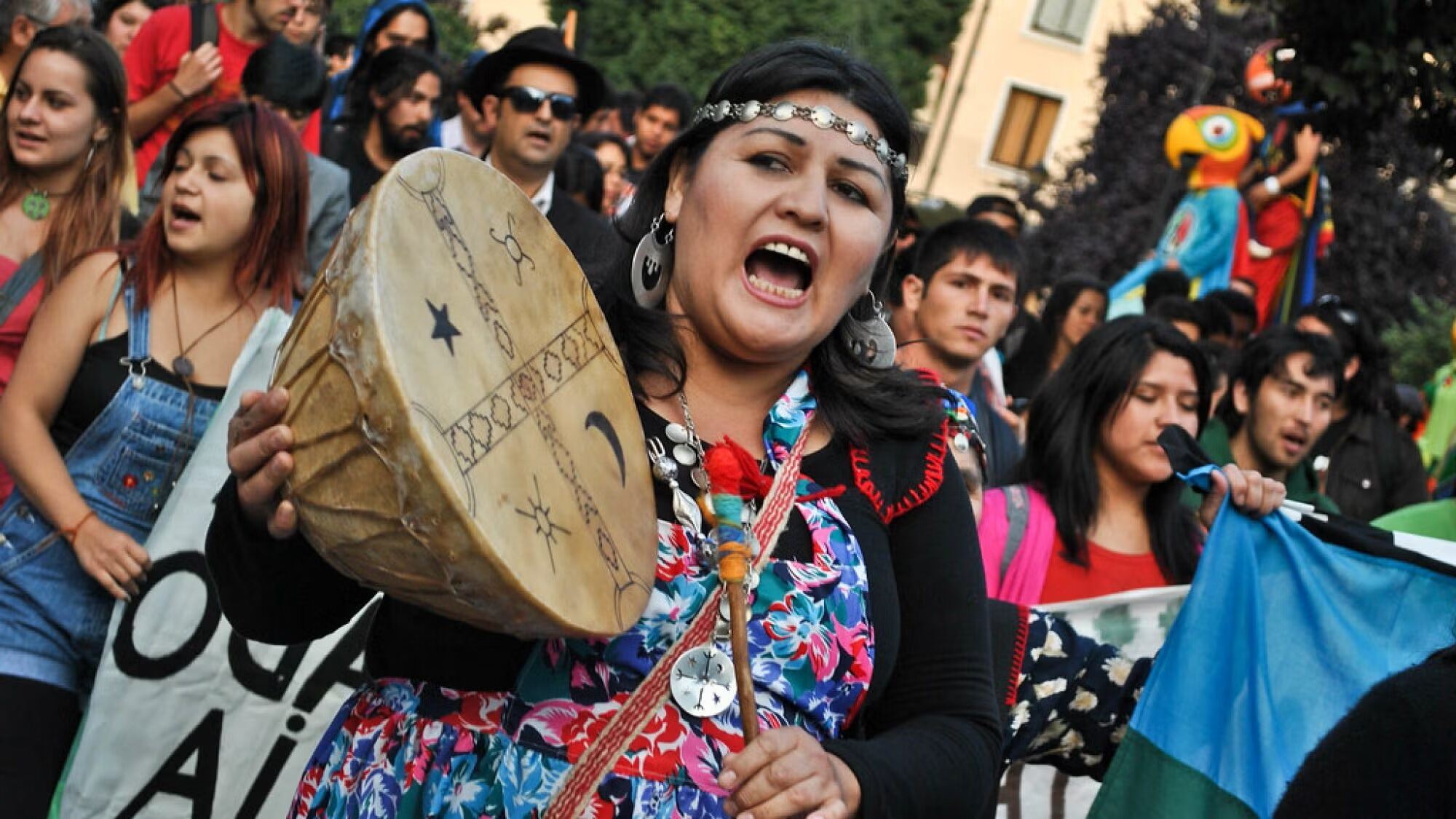
Mapudungun is a fascinating language spoken by the Mapuche people in Chile and Argentina. Ever wondered what makes this language unique? Mapudungun isn't just a means of communication; it's a window into the rich culture and history of the Mapuche. Unlike many languages, it has no official status in either country, yet it thrives among its speakers. Did you know that Mapudungun has no gender distinctions in its grammar? This language also features a complex system of verb conjugations that can express various nuances of time and aspect. Ready to dive into more intriguing facts about Mapudungun? Let's get started!
What is Mapudungun?
Mapudungun is the language spoken by the Mapuche people, primarily in Chile and Argentina. This indigenous language holds a rich cultural heritage and unique linguistic features. Here are some fascinating facts about Mapudungun.
- Mapudungun means "the language of the land" in the Mapuche language.
- It is spoken by approximately 200,000 people.
- The language has no official status in either Chile or Argentina.
- Mapudungun is part of the Araucanian language family.
- There are several dialects within Mapudungun, including Nguluche and Huilliche.
Historical Significance of Mapudungun
The history of Mapudungun is deeply intertwined with the Mapuche people's struggle and resilience. Understanding its past helps appreciate its present.
- The Mapuche resisted Spanish colonization for over 300 years.
- Mapudungun was used in treaties between the Mapuche and Spanish colonizers.
- The language played a crucial role in maintaining Mapuche identity and culture.
- Missionaries in the 17th century created the first written records of Mapudungun.
- Despite colonization, Mapudungun has survived and continues to be spoken today.
Linguistic Features of Mapudungun
Mapudungun has unique linguistic characteristics that set it apart from other languages. These features make it a fascinating subject for linguists and language enthusiasts.
- Mapudungun uses a subject-object-verb (SOV) word order.
- It has a rich system of suffixes to modify verbs and nouns.
- The language lacks gender distinctions in pronouns.
- Mapudungun has a complex system of evidentiality, indicating the source of information.
- There are no native words for numbers beyond five; higher numbers are borrowed from Spanish.
Cultural Aspects of Mapudungun
Language and culture are deeply connected. Mapudungun reflects the Mapuche people's worldview, traditions, and way of life.
- Many Mapudungun words are related to nature and the environment.
- The language includes specific terms for different types of rain and wind.
- Traditional Mapuche ceremonies often involve the use of Mapudungun.
- Mapudungun proverbs and sayings offer insights into Mapuche wisdom and values.
- The language is used in traditional music and storytelling.
Efforts to Revitalize Mapudungun
Despite challenges, there are ongoing efforts to preserve and revitalize Mapudungun. These initiatives aim to ensure the language's survival for future generations.
- Bilingual education programs have been established in some Mapuche communities.
- There are radio stations and TV programs broadcasting in Mapudungun.
- Language courses and workshops are offered to teach Mapudungun to younger generations.
- Digital resources, including apps and online dictionaries, have been developed.
- Cultural festivals and events promote the use of Mapudungun and celebrate Mapuche heritage.
The Enduring Legacy of Mapudungun
Mapudungun, the language of the Mapuche people, holds a treasure trove of history and culture. Despite facing challenges, it remains a vital part of the Mapuche identity. Efforts to revive and preserve this language are ongoing, with educational programs and community initiatives playing crucial roles.
Understanding Mapudungun offers a glimpse into the rich traditions and worldview of the Mapuche. From its unique phonetics to its deep connection with nature, this language is more than just words; it's a living testament to a resilient culture.
By learning about Mapudungun, we honor the Mapuche people and their enduring spirit. Let's continue to support and celebrate the diversity of languages worldwide, ensuring that they thrive for generations to come.
Was this page helpful?
Our commitment to delivering trustworthy and engaging content is at the heart of what we do. Each fact on our site is contributed by real users like you, bringing a wealth of diverse insights and information. To ensure the highest standards of accuracy and reliability, our dedicated editors meticulously review each submission. This process guarantees that the facts we share are not only fascinating but also credible. Trust in our commitment to quality and authenticity as you explore and learn with us.


